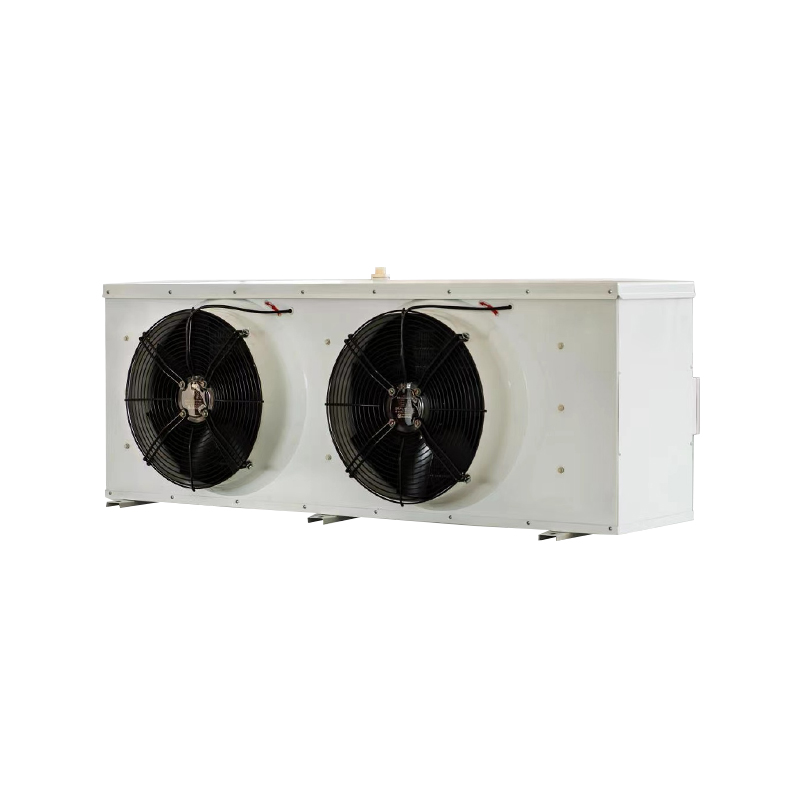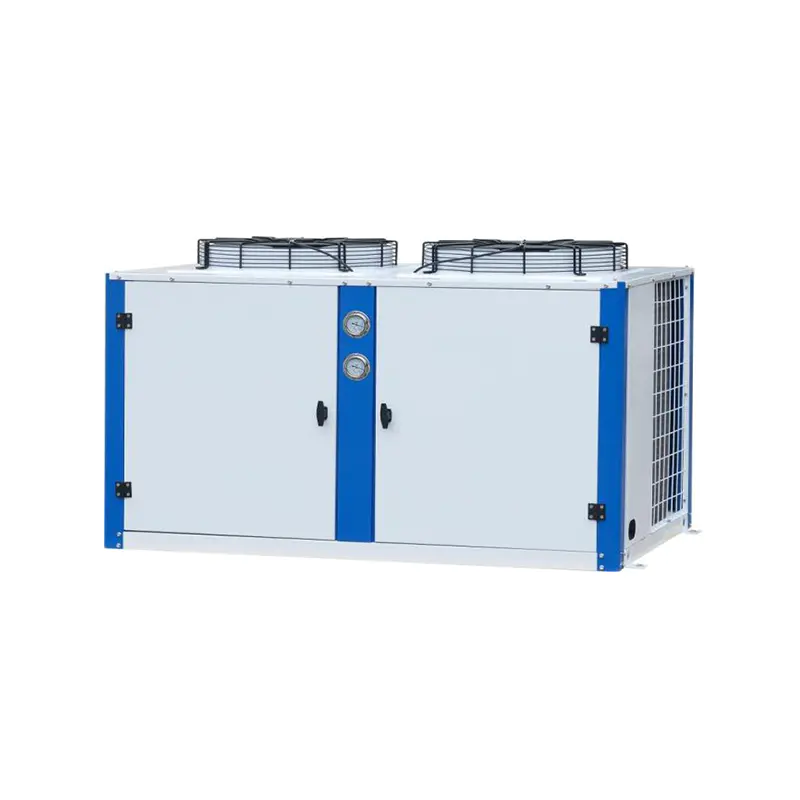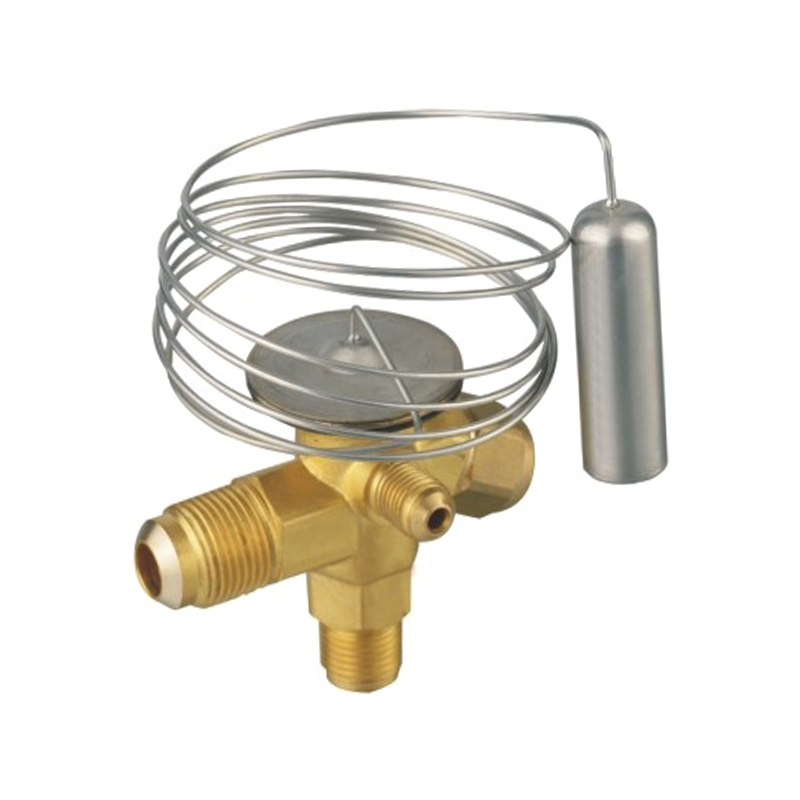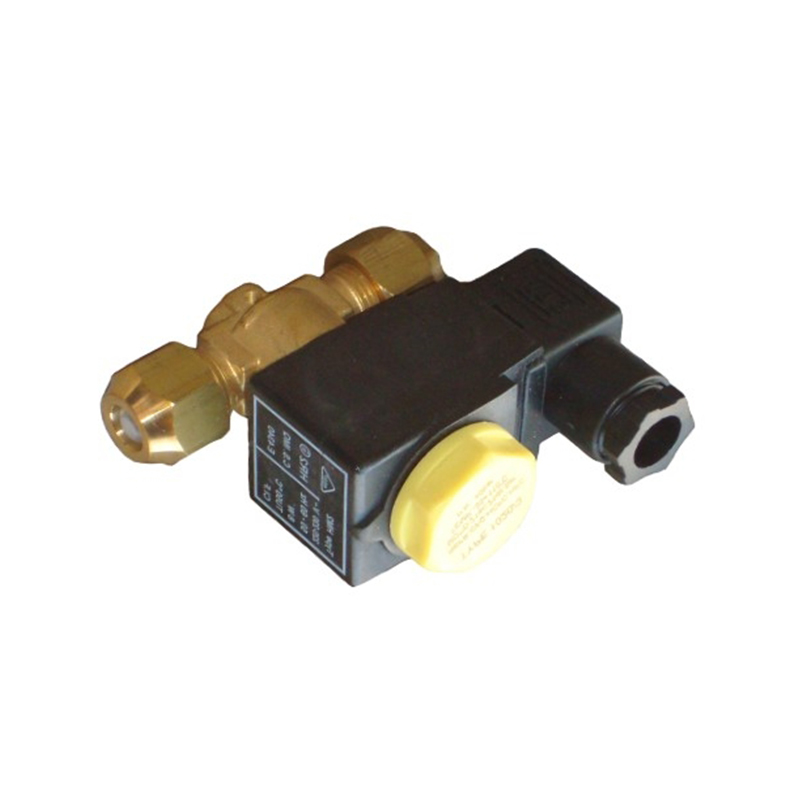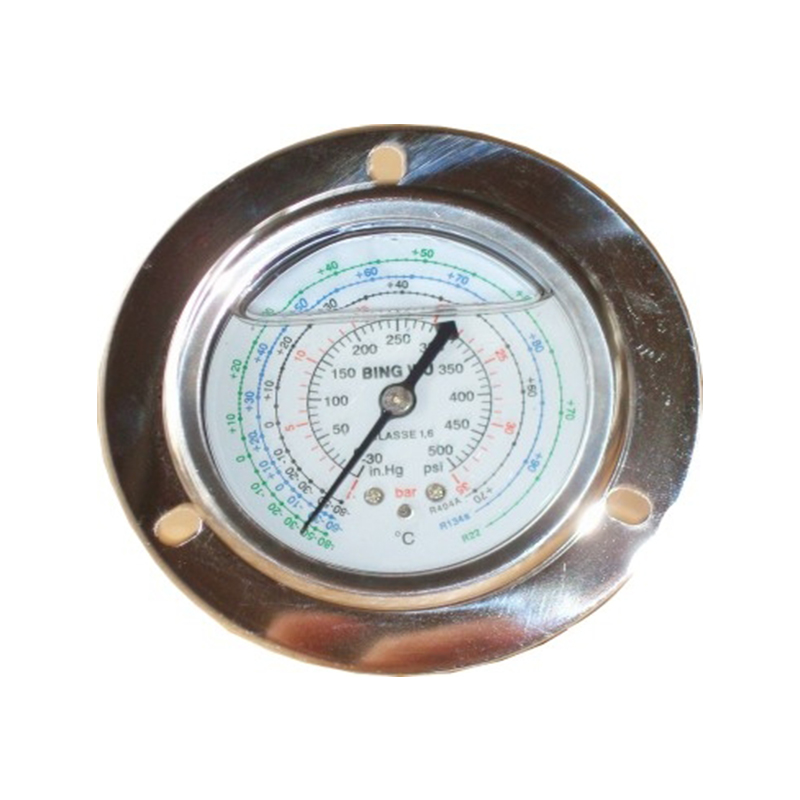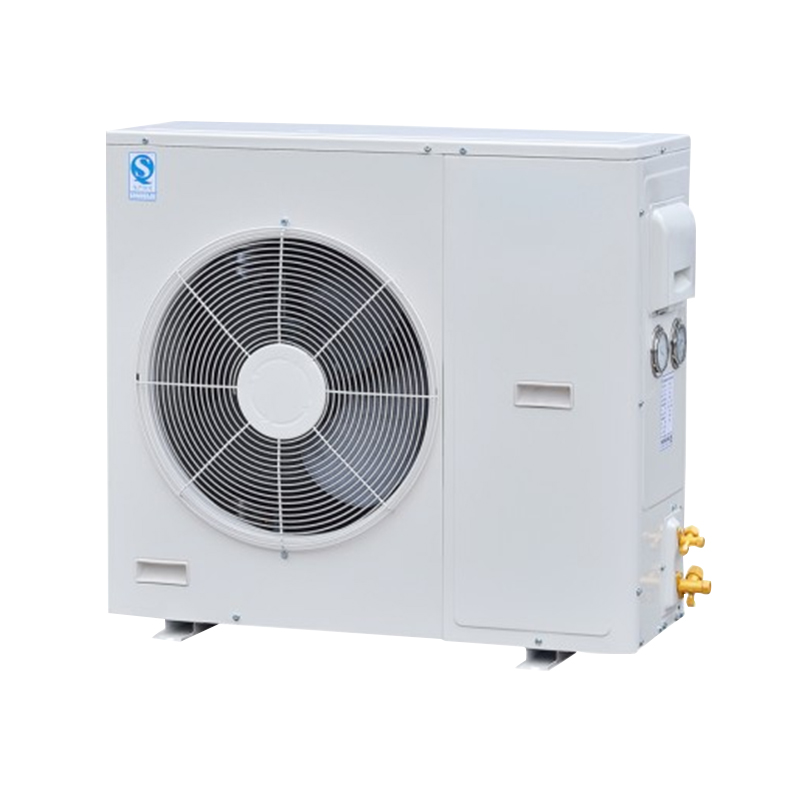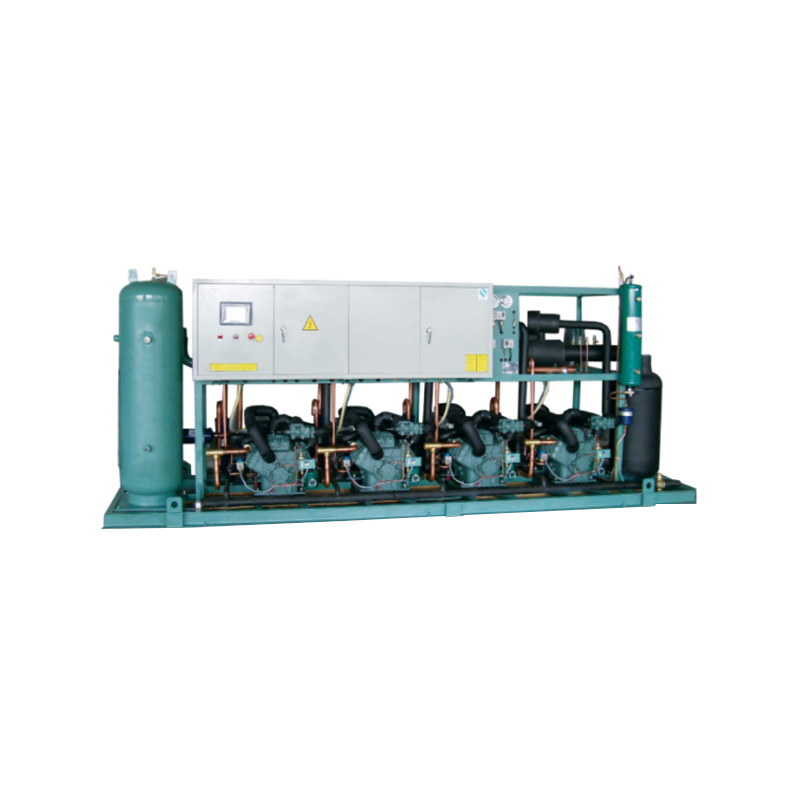1. Refrigeration and Air Conditioning Systems
The compressor is the core component of the refrigeration cycle, responsible for compressing low-pressure, low-temperature refrigerant gas into high-pressure, high-temperature gas, thereby providing the cooling function for equipment such as air conditioners, refrigerators, and cold storage.
2. Industrial Gas Power
In industries such as mining, metallurgy, and petrochemicals, compressed air is used as a power source to drive pneumatic tools, automated equipment, and equipment such as spraying and cleaning.
3. Gas Transportation and Separation
Compression increases gas pressure, enabling long-distance transportation (such as pipeline transportation of natural gas and oxygen) and gas separation (air separation to produce pure oxygen and nitrogen).
4. Chemical Synthesis and Polymerization
High-pressure gas plays a key role in the production of chemical products such as ammonia, methanol, and urea. Compressors provide the required pressure conditions.
What is the lifespan of a compressor?
1. Home/Commercial Air Conditioner Compressors
Under normal use and regular maintenance, the average lifespan of an air conditioner compressor is approximately 10 years, with some high-quality models reaching up to 12 years. This is affected by frequency of use, ambient temperature, and maintenance.
2. Automotive Air Conditioning Compressors
Depending on vehicle mileage and operating environment, the service life of an automotive air conditioning compressor is generally 7–10 years or 80,000–150,000 kilometers. High-quality original compressors can exceed 10 years.
3. Industrial Compressors
Depending on design life and maintenance, industrial compressors (such as screw and centrifugal compressors) typically have a design service life of 10–15 years. However, they may fail prematurely under high loads or harsh environments.
4. Key Factors Affecting Lifespan
Product Quality: Original, high-quality compressors have a longer lifespan; low-cost aftermarket parts are prone to premature failure.
Operating Load: Frequent high-load operation accelerates wear.
Maintenance: Regular cleaning, oil level checks, and timely replacement of seals can significantly extend service life.

